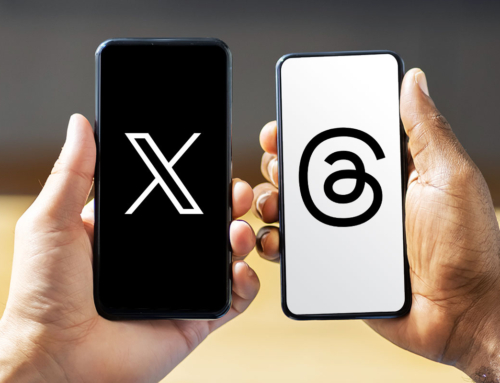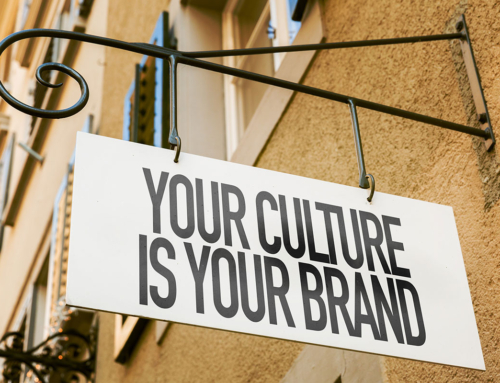It’s always tricky when brands take on causes. The risk is significant. Brand loyalty is hard-earned and easily lost. The consumer is fickle. Competition is intense.
Sometimes, though, it works, and Procter & Gamble’s Gillette is hoping their gamble pays off.
Gillette is the latest to grab the live wire of brands and causes. You can bet they entered the space carefully and cautiously. Competition is the reason Gillette is taking a risk to break through the clutter to stand out, especially for millennial men.
According to analysts, Gillette is facing intense pressure. Nathaniel Meyerson at CNN Money said this last April, “Gillette’s price drop was the company’s steepest last quarter. Last year, P&G took down prices on the razors after losing market share to cheaper subscription upstarts Harry’s and Dollar Shave Club.”
Gillette’s ad (“We Believe: The Best Men Can Be”) plays off its tagline, “The best a man can get,” to address issues like sexual harassment and bullying. It positions men as role models for children and each other to behave appropriately in all-to-typical “boys will be boys” situations which, as we know, whether intended or not, can be emotionally devastating for innocent victims.
Brands sometimes stumble when seeking to support a cause. Dodge Trucks Super Bowl ad in 2018 used audio of a Martin Luther King Jr. speech and found itself in the middle of controversy when some King family members endorsed and others opposed the approach. Dodge was lambasted on social media in the moment but doesn’t seem to have sustained long-term reputational damage.
Brands also reap benefits if they find the right balance. Nike featured controversial former NFL quarterback Colin Kaepernick who led NFL player protests for racial justice. This ad “lit up” social and traditional media but Nike claims increased sales in Q4 2018 due, in part, to its edgy advertising.
Many found Nike’s Kaepernick ad to be more inspirational than controversial. And, according to this ABC News article from December, Nike reports that sales, profits and stock value are up.
Whether success is measured by business results or social change, connecting brands and causes isn’t for the faint of heart. It’s a risk-laden marketing strategy. Sometimes it works. Other times, it does not.
Most consumer products are not in business to affect social change, they’re in the business to sell products. If they can affect social change, improve society and improve their business all at once, good for them. And, good for us. I hope the Gillette strategy does just that.









